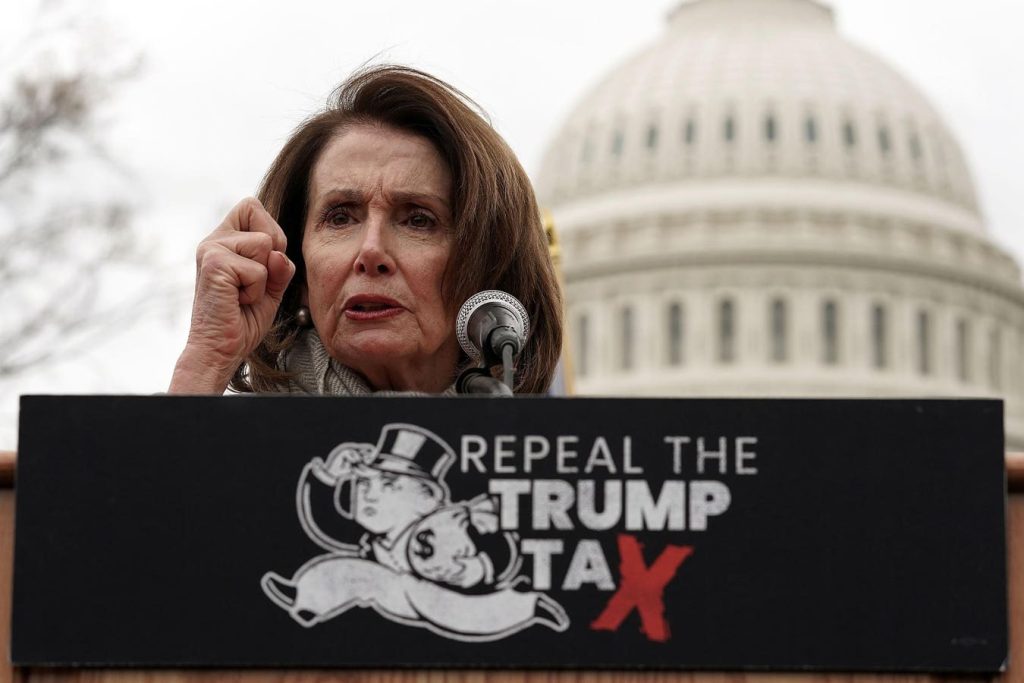As the sunset of the Tax Cuts and Jobs Act (TCJA) approaches on Jan. 1, 2026, estate planning attorneys are warning clients about the impending changes in tax laws. The TCJA, which overhauled much of the Internal Revenue Code in 2017, provided historically high exemption amounts for estate, gift, and generation-skipping transfer taxes. However, these exemptions are set to revert back to pre-TCJA levels on Jan. 1, 2026, essentially cutting them in half. To take advantage of the current exemptions before they sunset, clients must engage in advanced estate planning strategies such as gifting to irrevocable trusts before the deadline.
Estate planning attorneys draw parallels to past instances, such as the sunsetting of President George W. Bush’s tax cuts in 2008. Despite concerns that exemption amounts would drop, legislative action prevented such drastic changes. However, the current political landscape presents challenges in making the TCJA provisions permanent, as lawmakers would need to find additional revenue sources to offset the tax cuts. With a federal debt exceeding $34 trillion and limited options for raising revenue, the likelihood of extending the TCJA is uncertain. This uncertainty poses challenges for clients seeking to complete advanced estate planning transactions before the Jan. 1, 2026 deadline.
While the 2026 deadline may seem distant, clients risk missing out on utilizing the highest exemption amounts in U.S. history if they delay estate planning decisions. The aging U.S. population has led to a surge in demand for estate planning services, creating a shortage of qualified estate planning attorneys. Additionally, advanced estate planning transactions often require a team approach involving CPAs, appraisers, and financial advisors, further adding to the complexity and demand for services. Failure to coordinate efforts among the private wealth planning team may result in missed opportunities to maximize exemptions under the TCJA.
As the Jan. 1, 2026 deadline looms, estate planning attorneys and private wealth planning professionals face the challenge of completing advanced transactions before the sunset of the TCJA. The current demand for estate planning services, coupled with a shortage of qualified professionals, poses obstacles for clients seeking to take advantage of the current tax laws. To ensure that advanced estate planning transactions are successfully executed before the deadline, clients must work with their attorneys and coordinate efforts with other members of the private wealth planning team to make informed decisions and maximize available exemptions.
In conclusion, clients are urged to take action before the Jan. 1, 2026 deadline to capitalize on the current tax laws and secure their financial legacies in a tax-efficient manner. Despite the challenges posed by the sunset of the TCJA and the limited availability of qualified estate planning professionals, clients can benefit from engaging in advanced estate planning strategies before the deadline. By working collaboratively with their attorneys and the private wealth planning team, clients can navigate the complexities of estate planning and make informed decisions to safeguard their assets and maximize tax exemptions under the current laws.













